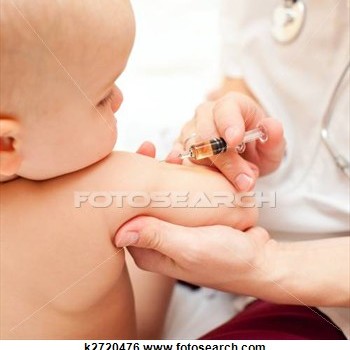Health – Measles
Measles is a highly infectious viral disease, easily spread by breathing in the droplets that have come from the nose or mouth of an infected person when they sneeze or cough or by touching a contaminated surface before placing your hands near your nose or mouth. Symptoms include a runny nose, cough, red eyes and light sensitivity, a fever and grey/white spots in the mouth or throat. A red/brown rash appears behind the ears a few days after becoming infected; this will spread to the head and neck and then to the legs and trunk.
Measles can sometimes be a serious illness; it can even result in blindness. 1 in 20 children with measles will contract pneumonia, 1 in 1000 will develop encephalitiswhich can lead to convulsions, deafness or mental retardation and 1 or 2 in 1000 die from the disease. In pregnant women, measles can lead to low-birth-weight babies, premature birth or miscarriage.
Due to the MMR (Measles Mumps Rubella) vaccination programme in the UK, measles is rare. However, anyone who has not had the measles vaccination or had the disease can catch it. It is most common in ages one to four years. In 1998 an MMR vaccination scare, which was later proved to be based on unfounded claims, meant that many parents chose not to vaccinate their young children. This has led to increased local outbreaks of measles across England and Wales; levels of the disease recently reached their highest levels for 18 years. If less than 10% of the population are vaccinated, vulnerable people such as babies, toddlers, children with leukaemia who cannot have the vaccination and pregnant women who haven’t been vaccinated are very much at risk.
Let’s try and eradicate this disease from the UK. The MMR vaccine can be given at any age, with no known negative effects from having it if you are already immune. If in doubt, there is no harm in you having a booster dose. Consult your GP for further information.






Comments